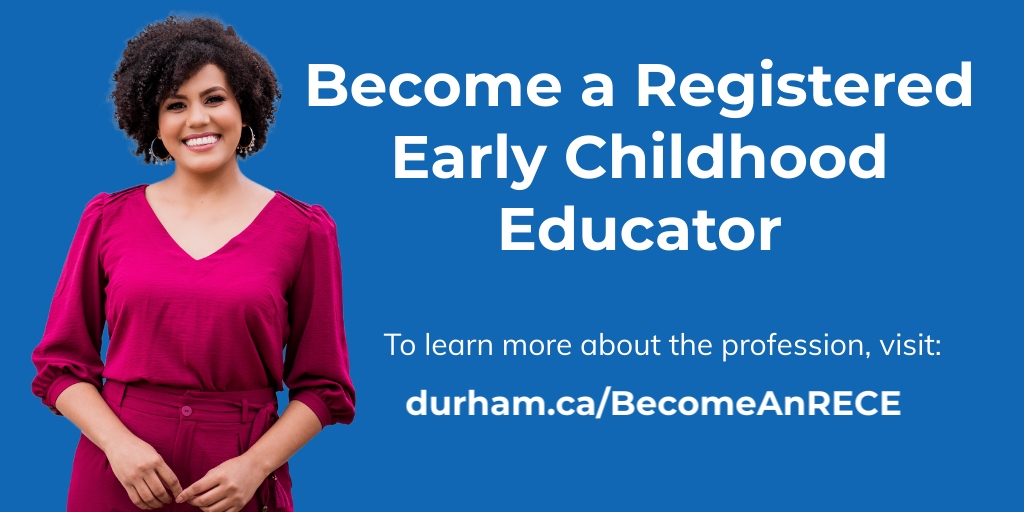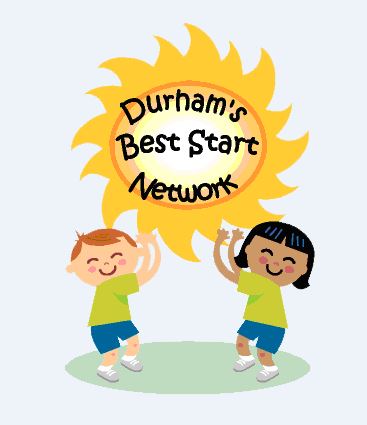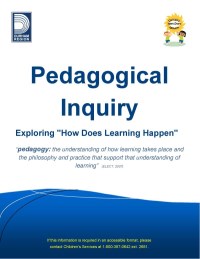
Resources for Child Care Professionals
The Regional Municipality of Durham, Child Care and Early Years Division is committed to providing resources and learning opportunities for new and existing early learning and child care (ELCC) educators to improve their knowledge, understanding, and use of ELCC best practices.
Professional learning opportunities
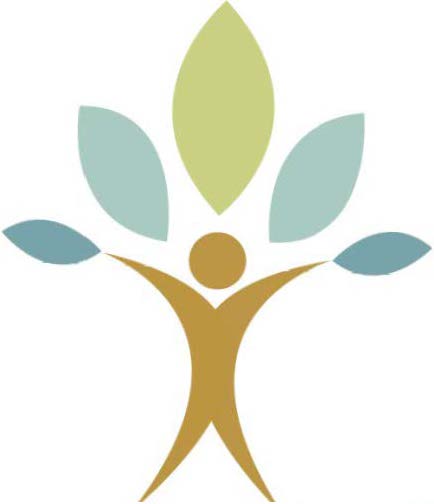
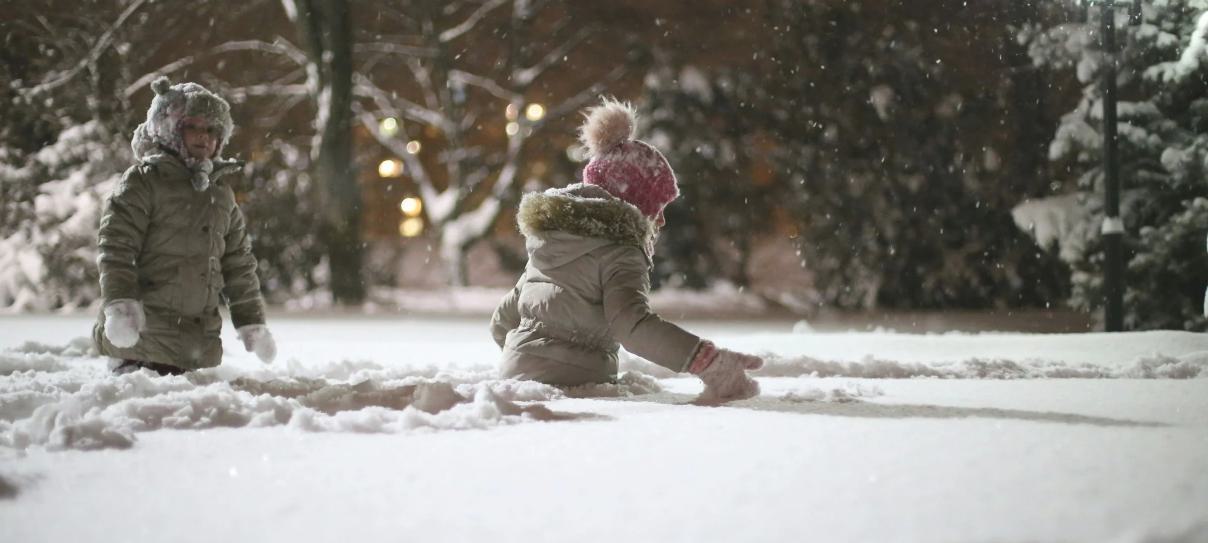
The 2026 Winter GROW Newsletter is now available.
Pre-recorded Trainings
Below are pre-recorded training opportunities created by the Child Care and Early Years Division. These videos are self-guided, self-directed trainings. If you have any questions, please contact Shannon Soul, Training Specialist, at Shannon.Soul@durham.ca.
| English Pre-recorded Trainings |
|
Foundations of the Durham Region Operating Criteria (DROC): Prerequisite to the Intro to DROC sessions This online workshop includes a descriptive overview of the DROC-AQI assessment process, and the role of the Quality and Contract Compliance Advisor. Participants will review the assessment process, how to read and understand the DROC-AQI, and what to expect before, during and after an assessment. This recording is to be viewed in advance of attending any of the Intro to DROC sessions (Infant, Toddler, Preschool and/or Before and After). Foundations of the DROC - Pre-recorded Session Let's get creative! Product vs. Process Art
Reflecting on programming - Toddler Pre-recorded Session
|
| French Pre-recorded Trainings |
|
Soyons créatifs – le processus de création artistique
Connexions Authentiques Découvrez l’importance des liens authentiques avec les enfants et les familles, ainsi que les stratégies pour soutenir l’établissement et le maintien de ces liens. |
Professional Resource Library
The Region of Durham's Professional Resource Library for early learning and child care professionals is funded by the Ministry of Education's Capacity Building funding. The Resource library is open every Wednesday to pick up and drop off resource kits, and for in-person visits. How to book time at the Resource Library has been streamlined - the new appointment form will make requests easier and more efficient. An appointment can be scheduled between 9 a.m. and 7 p.m., with a minimum of one business day’s notice. Please select the link below to book an appointment.
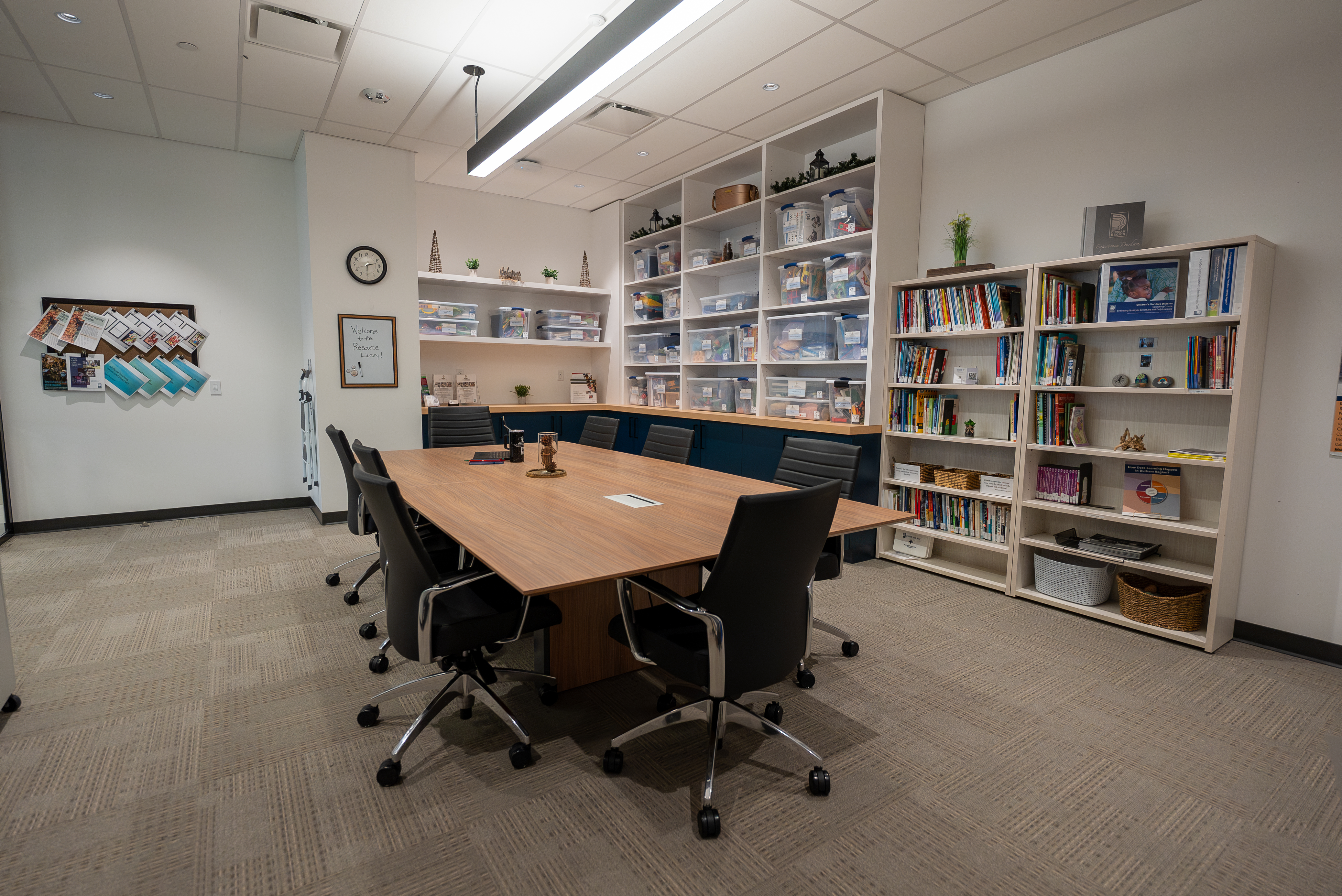
The resource library has many free resources, including new curriculum and inquiry-based kits.
The Child Care and Early Years Division, Early Learning Training Specialist Team has developed three new resources for the child care community.
La bibliothèque de ressources propose de nombreuses ressources gratuites, notamment des nouveaux trousses basés sur le curriculum et la recherche.
L'équipe de spécialistes de la formation en apprentissage précoce de la division des services à l'enfance a mis au point trois nouvelles ressources pour la communauté des services de garde.
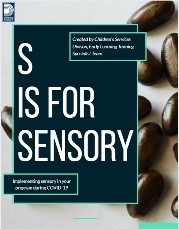 S is for sensory is a thoughtfully developed resource guide on how to implement sensory learning into all areas of your programs. It includes connections to How Does Learning Happen?, benefits of sensory play, considerations for classroom set up, and sensory ideas you can implement in your program.
S is for sensory is a thoughtfully developed resource guide on how to implement sensory learning into all areas of your programs. It includes connections to How Does Learning Happen?, benefits of sensory play, considerations for classroom set up, and sensory ideas you can implement in your program.
S est pour Sensoriel est un guide de ressources bien conçu sur la façon de mettre en œuvre l'apprentissage sensoriel dans tous les domaines de vos programmes. Il comprend des liens avec « Comment apprend-on ? », les avantages des jeux sensoriels, des considérations sur l'organisation de la classe et des idées sensorielles que vous pouvez mettre en œuvre dans votre programme.
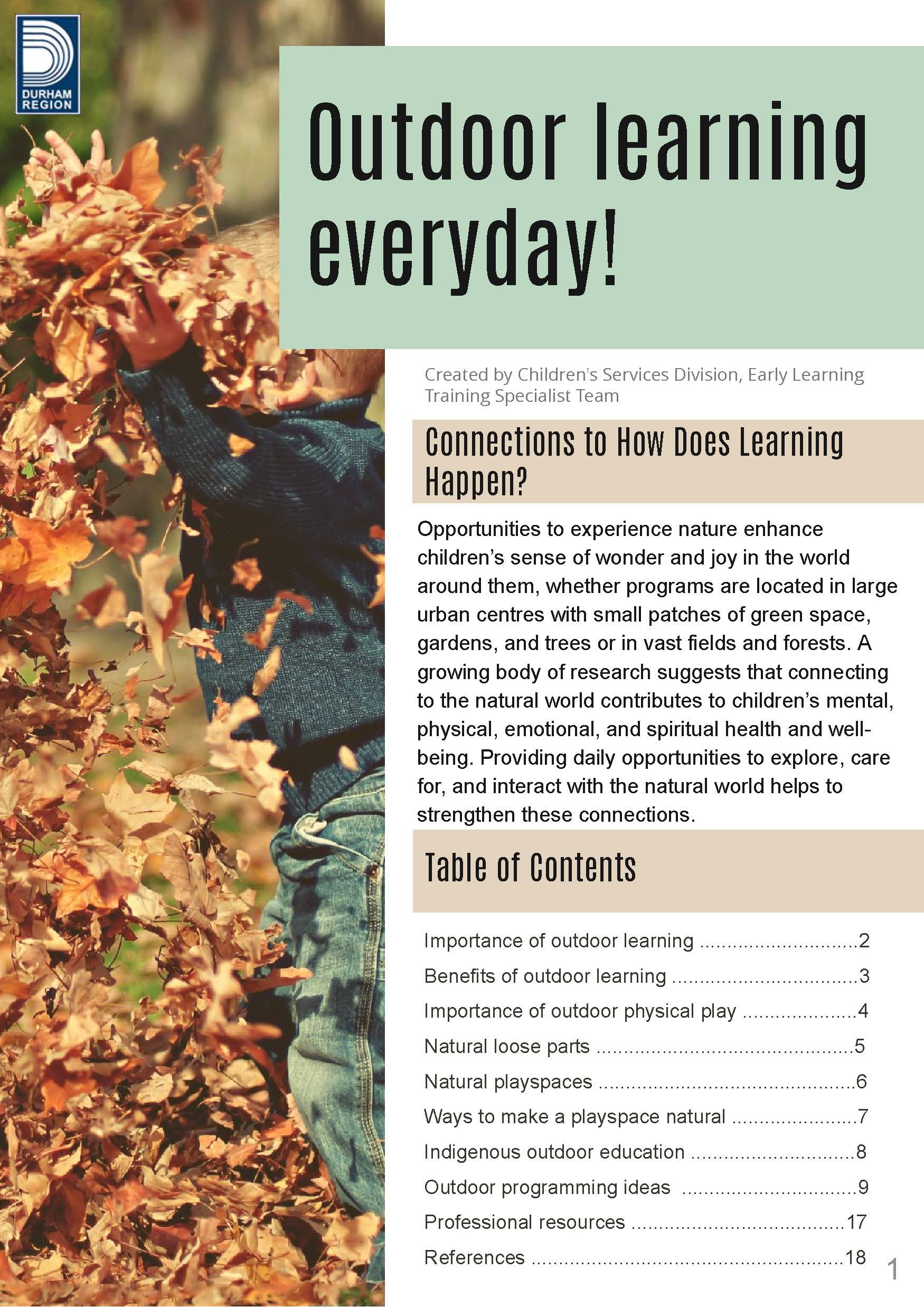 Outdoor learning everyday is an outdoor resource guide developed to enhance the outdoor learning experiences in your program. It includes the benefits of outdoor play, natural loose parts, natural play spaces, Indigenous outdoor education, and outdoor programming ideas.
Outdoor learning everyday is an outdoor resource guide developed to enhance the outdoor learning experiences in your program. It includes the benefits of outdoor play, natural loose parts, natural play spaces, Indigenous outdoor education, and outdoor programming ideas.
L'apprentissage à l'extérieur tous les jours est un guide de ressources pour l’extérieur développé pour améliorer les expériences d’apprentissage à l’extérieur dans votre programme. Il comprend les avantages du jeu a l’extérieur, des pièces détachées naturelles, des espaces de jeu naturels, de l’éducation Autochtone a l’extérieur et des idées de programmation a l’extérieur.
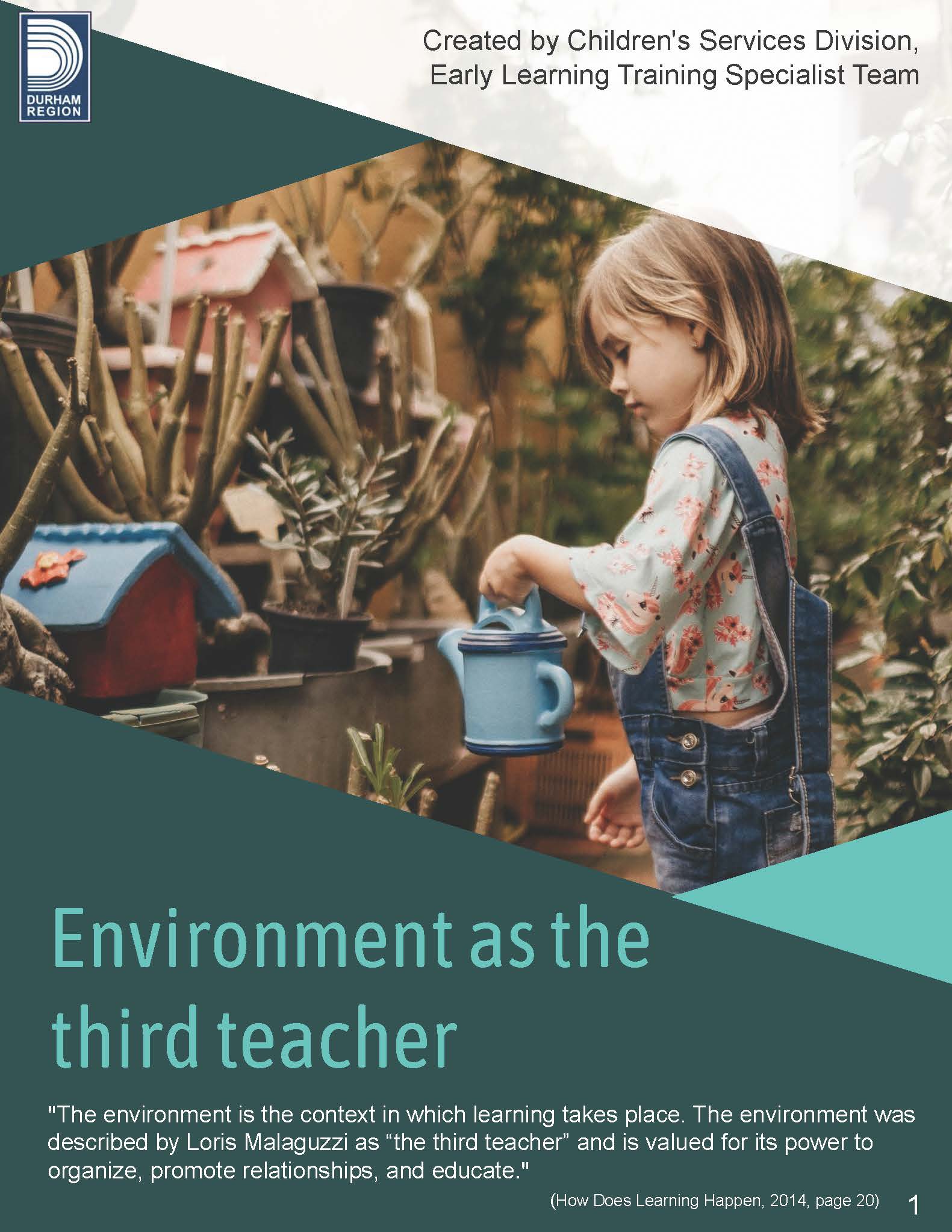 Environment as the Third Teacher includes ways to build an inclusive environment, how to organize your program space using learning areas, setting up invitations to play, and continuing your programming outdoors.
Environment as the Third Teacher includes ways to build an inclusive environment, how to organize your program space using learning areas, setting up invitations to play, and continuing your programming outdoors.
L'environnement en tant que troisième enseignant comprend des moyens de créer un environnement inclusif, d'organiser votre espace de programme en utilisant des zones d'apprentissage, de configurer des invitations à jouer et de poursuivre votre programmation à l'extérieur.
To order Heath Department resources for your daily practice, please visit the Health Care Provider Resource Order Form.
Red Flags - Signal for Support
Red Flags - Signal for Support reference guide is designed to assist early years professionals with identifying early signs of developmental concern, and to support with encouraging families to seek additional screening, assessment and/or treatment from healthcare professionals and other specialists.
This resource was adapted with the permission of The Regional Municipality of York and created through the collaboration and contributions of our community partners.
View the most recent version of the Durham Region Red Flags - Signal for Support.
Durham's Best Start Network
Durham’s Best Start Network started in 2005 with funds from the Government of Ontario. With more than 85 members from 45 organizations, the Network creates a space for creating resources, establishing partnerships, and sharing best practices.
The Network is open to all representatives from organizations who work with children from birth to six years of age. To join one of our quarterly meetings, please contact us at beststart@durham.ca.
|
Child Care Sub-Committee |
|
Providing members of the early learning and child care community with an avenue to:
Participants can attend with a goal of becoming informed, networking, and/or taking on a role in a working group. For more information on the Child Care Sub-Committee, connect with us at beststart@durham.ca. |
|
Home Child Care Sub-Committee |
||
|
Providing members of the home child care sector a method to:
For more information on the Home Child Care Sub-committee, connect with us at beststart@durham.ca. |
||
|
Infant and Early Years Mental Health Sub-Committee |
||
|
Working to improve infant and early years mental health experiences for children and families across Durham by integrating the science of mental health into professional practice. For more information on the Infant Mental Health Sub-Committee, contact us at beststart@durham.ca. |
||
|
Professional Education and Training Sub-Committee |
||
|
Working to provide professional development opportunities and early learning events to the early learning and child care community based on input from the community and community need. Members include representatives from a broad focus of organizations providing both direct and indirect services to children. |
||
| Research and Knowledge Mobilization Sub-Committee | ||
|
Our vision is to build a community where research informs practice, and practice informs research. The goal of the community is to build capacity for research and knowledge exchange in post-secondary institutions and agencies serving children and families in Durham Region. The Sub-Committee welcomes new members on a regular basis. Our existing members represent The Regional Municipality of Durham, Durham College, OntarioTech University, Trent University, local special needs resourcing agencies, EarlyON Child and Family Centres, and licensed child care agencies. Our valued members come from various backgrounds including early childhood education, research, social work, policy, and behavioural science. If you’re interested in joining one of our bi-monthly meetings, please contact us at beststart@durham.ca.
|
How Does Learning Happen?
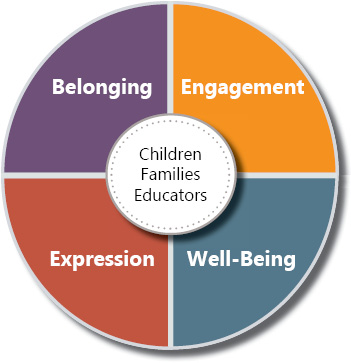 In Fall 2020, the Ministry of Education released Building on How Does Learning Happen? Pedagogical approaches to Re-opening Early Years and Child Care Programs in Ontario. This resource shares ideas, reflective questions, and lessons learned from emergency child care to help support child care and early years settings to continue to meet quality and curriculum requirements as they work to provide healthy physical, social, and emotional spaces for children and their families during the reopening phase.
In Fall 2020, the Ministry of Education released Building on How Does Learning Happen? Pedagogical approaches to Re-opening Early Years and Child Care Programs in Ontario. This resource shares ideas, reflective questions, and lessons learned from emergency child care to help support child care and early years settings to continue to meet quality and curriculum requirements as they work to provide healthy physical, social, and emotional spaces for children and their families during the reopening phase.
In 2014, the Ministry of Education launched How Does Learning Happen? Ontario's Pedagogy for the Early Years. The pedagogy recognizes children as competent, capable of complex thinking, curious and rich in potential.
How Does Learning Happen? (HDLH) is organized around four key concepts: belonging, engagement, expression, and well-being. These concepts are the foundation of high-quality care, supporting children's future potential. Early learning and child care centres and licensed home child care agencies follow this pedagogy.
Printable posters of the four foundations of HDLH can be found in the links below:
Additional Resources
- An Introduction to How Does Learning Happen? Ontario's Pedagogy for the Early Years - For Educators
- An Introduction to How Does Learning Happen? Ontario's Pedagogy for the Early Years - For Home Child Care Providers
- An Introduction to How Does Learning Happen? Ontario's Pedagogy for the Early Years - For Leaders
- Think, Feel, Act: Lessons from Research about Young Children
- Think, Feel, Act: Empowering Children in the Middle Years
Pedagogical Inquiry Tool
The Best Start Network Child Care Sub Committee is excited to share with you the recently updated and expanded professional learning tool Pedagogical Inquiry: Exploring “How Does Learning Happen?” The goal of these Inquiry sessions is to help bring the Province of Ontario’s vision of pedagogy to life.
The original series of sessions was developed by the Best Start Child Care subcommittee in 2014 and shared with the Durham child care community in 2015. In 2019, the committee once again came together to create additional inquiry sessions and modernize the existing sessions to reflect the vision of equity, diversity, and inclusion.
Each session in this tool is intended to take 15 to 20 minutes each to complete and reference Ministry of Education documents including “How Does Learning Happen?” They can be used individually or within a group of educators. Educators will have the opportunity to evaluate, examine, develop, refine, and understand the information contained in the Ministry of Education documents to establish a strong foundation for learning and development.
We hope you enjoy your Inquiry experiences!
Respectfully submitted on behalf of Durham’s Best Start Network
English Pedagogical Inquiries extensions
French Pedagogical inquiry extensions
Contact Us





